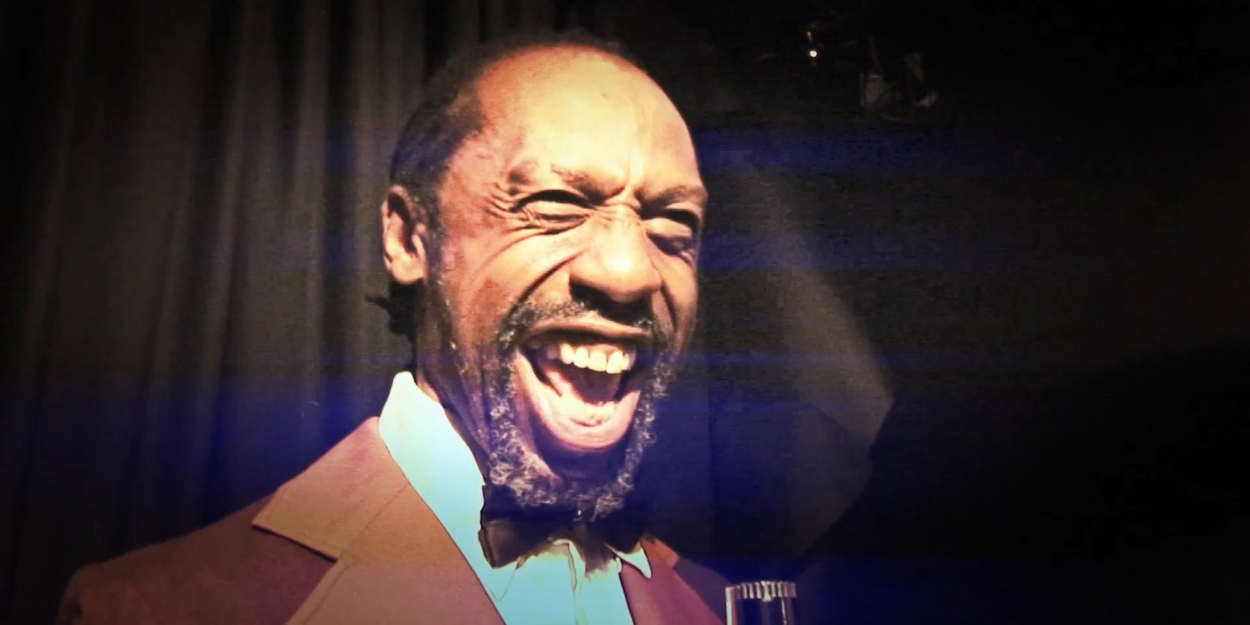How easily we forget. Barnsley-born comedian Charlie Williams has all but faded from public memory, but when Tony Marshall arrives on stage in character as him, we’re reminded how, like so many of his era, he’d have us cracking a smile before he’d even delivered the catchphrase that gives the show its title. He was such a cheery chap, with a laugh in his voice, and an accent as broad as his native Yorkshire. He’s joined on stage tonight by other ghosts of TV past with Marshall’s multi-roleing sidekick, Nick Read giving us not half bad take-offs of Carson, Manning, Monkhouse and Eamonn Andrews to bring yesteryear primetime right back into focus.
But this is not a simple nostalgiafest. Eh Up, Me Old Flowers! is constructed around the dichotomy that has dented Williams’ posthumous reputation and may be why he isn’t more fondly remembered: he was a Black British comedian, yet he played along with the racist tropes of his day. He didn’t balk at making jokes about ‘tribesmen with big lips’ or at posing on the front cover of magazines with a spear in his hand.
It’s now 1997 and Williams, long retired to his Yorkshire home, is being challenged on this point by a journalist, sent as a royal representative to assess his suitability for an honour. HRH simply cannot risk controversy, you understand. To the charges of racism, Williams pleads not guilty. He carries the wisdom of his father with him – “there’s only one race, the human race” and we can make fun of everyone in it. Besides, what was a Barnsley lad like him supposed to do to change the inevitable? There was prejudice before he was here, there’ll be prejudice after he’s gone.
This is an unprosecutable case. With what authority can a young, white journalist take an old, black comedian to task for racism if he himself says it wasn’t? And rather than have the two bat back and forth unfruitfully about this, the show whisks us through Williams’ life story so we can contextualise his stance for ourselves.
Though Williams’ young life is still at the fringes of living memory, at this remove it feels unfathomably tough. Slum housing, raised by a single father who was invalided in the Somme and died young, down the pit at 14 – there’s a vivid scene on this – and all that as the only black kid in town. If he shrugged off the racist jibes or joined in himself, not as a means of fitting in, but because in the scheme of things it did not matter to him much, who are we to judge? This is not our world.
The play stops short of accusing Williams of exploiting racism for his own career for that very good reason; it’s not clear that even the 1997 version of Williams accepts that is what he was doing. These are two essentially different world views driven by very different life experiences. The only crossover is Williams’ golden years. Our journalist, a fan, now looks back on them with modern, cosmopolitan eyes and sees racism. Williams comes at them as a young lad escaping the pit and just sees the laughter.
That gives us a lot to ruminate on for what is on one level a standard biographical piece. And to muddy the waters further, we’re fed some of Williams’ gags along the way. Instinctually, the audience laugh. He’s urging us to it. A comic paces their gags for that knee-jerk reaction whatever the subject matter. For a second, especially when Read joins in as his The Comedians co-stars, you’re in that 1970s living room, laughing along, thinking it harmless. It’s a disorienting sensation.
Chris England‘s play neither sits in judgement on, nor condones the moral standards of the past. Rather, it reminds us that when selecting the pioneers we celebrate, we sometimes prefer the sanitised history to the messier reality.


Comments